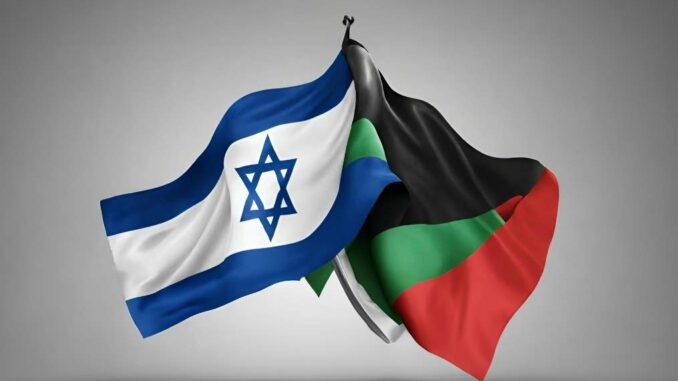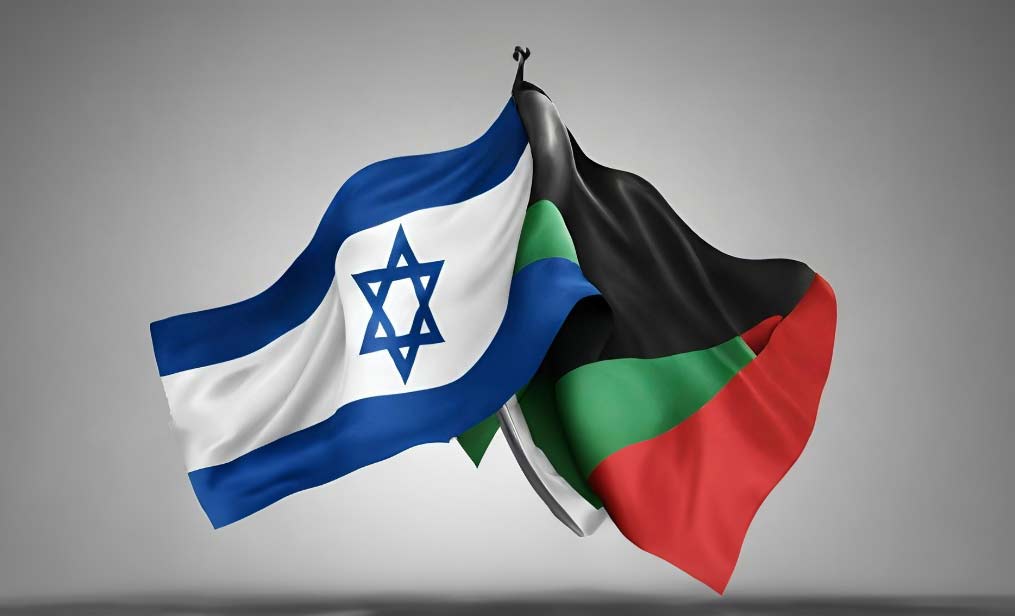
Israeli Prime Minister Benjamin Netanyahu has warned that the war against Hamas in Gaza will be “long and difficult”, as Israeli forces maintain their position in northern Gaza for the second night running. This escalation is having devastating humanitarian consequences, marked by massive loss of life, infrastructural destruction, and far-reaching political and geopolitical repercussions.
Context of the conflict
The ongoing conflict between Israel and Hamas in Gaza has intensified, plunging the region into a deep humanitarian and security crisis. Israeli forces continued their ground offensive for the second night running, marking a new phase in a war that Prime Minister Netanyahu described as “long and difficult”.
Restoring communications
After Israeli air strikes almost completely cut Gaza off from the outside world, telephone and Internet connections were partially restored. This has hampered the ability of Gazans to communicate and receive essential information.
Israeli military operations
Dozens of tanks, accompanied by infantry and combat engineers, stabilized their defensive lines inside Gaza. These ground operations were accompanied by what the UN described as “the most intense Israeli aerial bombardment and artillery fire” since the start of the war.
Regional involvement
Iranian President Ebrahim Raisi spoke on social networks of Israel’s “crimes” having crossed red lines, threatening to widen the conflict to the Middle East.
Human toll and international reactions
The human toll is alarming. According to the UN, at least 7,703 Palestinians have been killed in Gaza since the start of the conflict. On the other hand, Israel has suffered heavy losses in a Hamas attack, with over 1,400 deaths and 229 hostages. These figures illustrate the scale of the ongoing human tragedy.
Netanyahu’s statement
Netanyahu, at a press conference, described the conflict as a “war for the very existence of Israel”, underlining Israel’s determination to continue its military operations.
International reactions
International voices, including Turkish President Recep Tayyip Erdoğan, condemned Israel’s actions, while others expressed concern at the escalating violence. The International Committee of the Red Cross (ICRC) denounced an unbearable level of human suffering.
Humanitarian and infrastructural impact
The humanitarian situation in Gaza is catastrophic. Families are sleeping in makeshift shelters or outdoors, with little food or water. Hospitals are on the verge of collapse and sewage treatment plants are no longer functioning.
Humanitarian blockade
Israel has blocked the entry of humanitarian aid into Gaza, letting through only a few trucks a day, which is clearly insufficient to meet the needs of the hundreds of thousands of refugees.
Consequences and future challenges
This escalation of the conflict has profound and lasting implications. Not only does it lead to an immediate humanitarian crisis, but it also risks further destabilizing the region and complicating future peace efforts.
Geopolitical stakes
The reaction of the international community and the potential involvement of other regional players, such as Iran, could alter the geopolitical balance in the region.
Prospects for resolution
The complexity of the conflict makes it particularly difficult to resolve. Any attempt at negotiation must take into account the many facets of the conflict, including humanitarian, political and security issues.
The situation in Gaza is a human tragedy and a major political challenge. It requires urgent attention and concerted action from the international community to prevent the crisis from worsening. The implications of this conflict go beyond the borders of Gaza and Israel, affecting the stability of the entire Middle East region. It is imperative to find lasting solutions to ensure the peace, security and well-being of the populations concerned.
